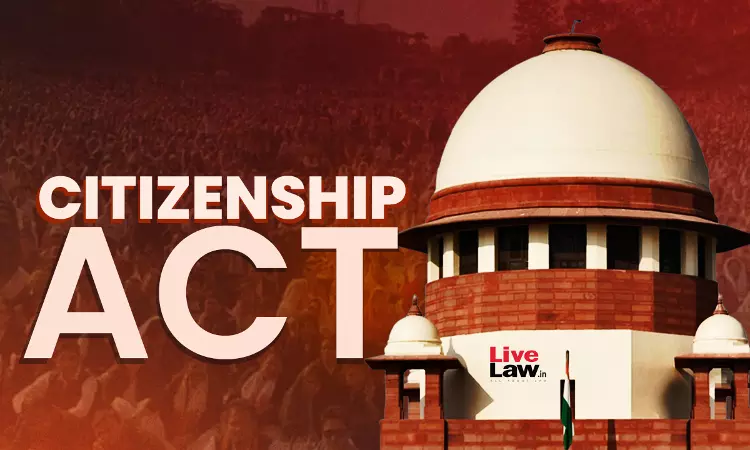Supreme Court Cites CAA While Granting Relief To Person Who Migrated From East Pakistan In 1969
Yash Mittal
7 Dec 2024 8:43 PM IST

Next Story
7 Dec 2024 8:43 PM IST
The Supreme Court recently cited the Citizenship Amendment Act (CAA) of 2019 while allowing the citizenship claim of an individual who migrated from East Pakistan (now Bangladesh) to India in 1969.The bench comprising Justice J.K. Maheshwari and Justice R. Mahadevan referred to the proviso added to Section 2(1)(b) of the Citizenship Act, 1955 ("Act") by the 2019 Amendment to state that...
